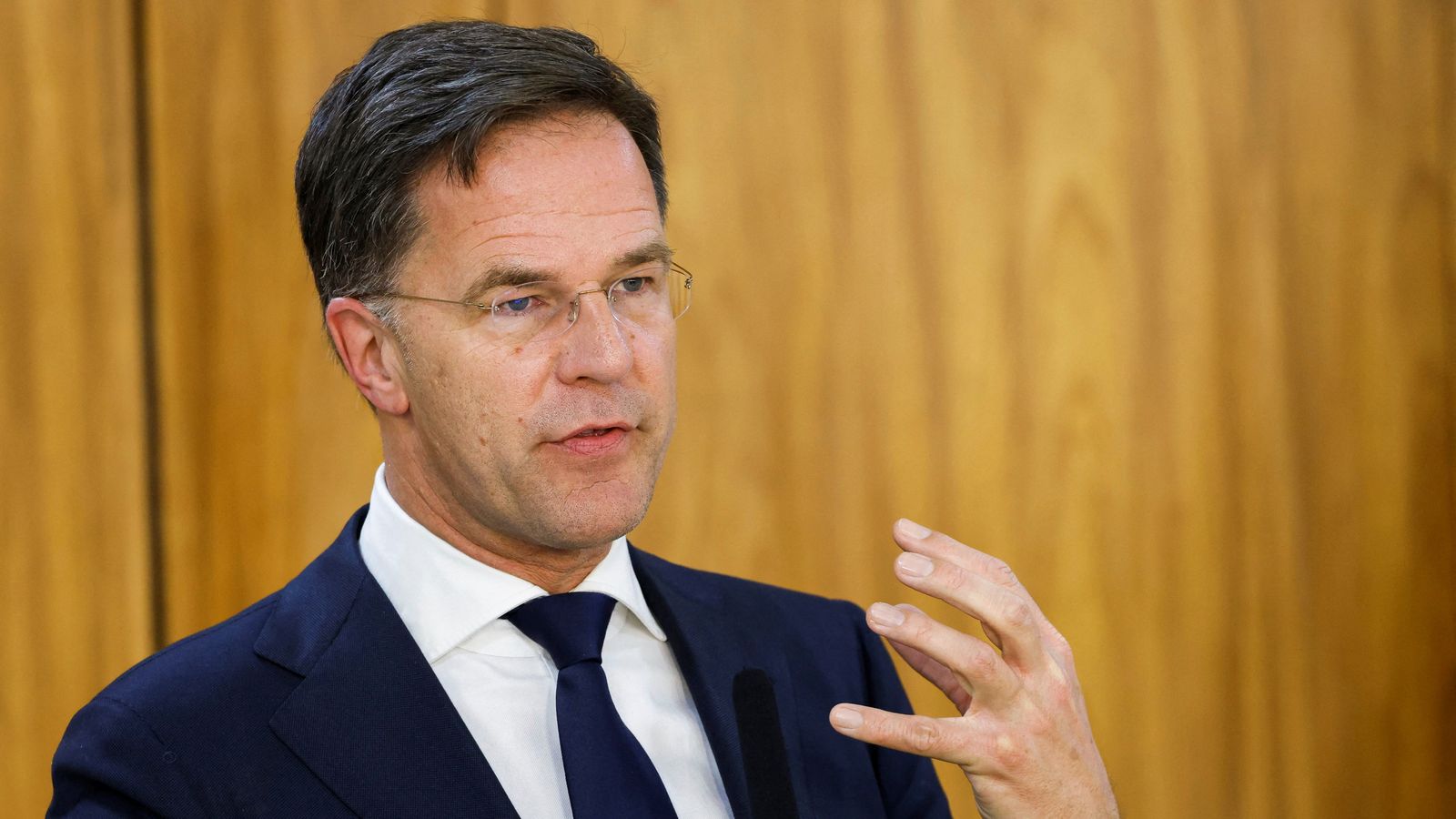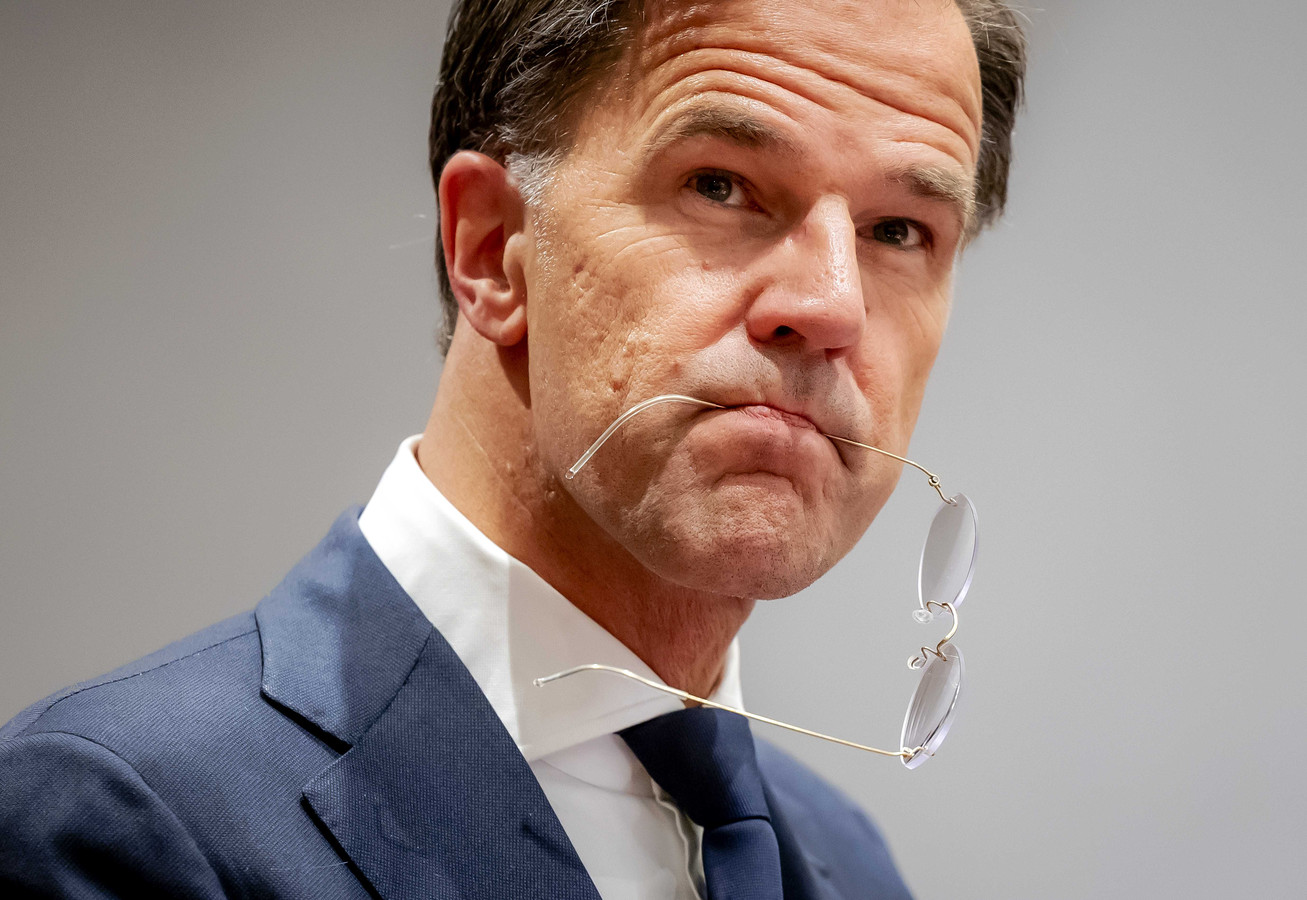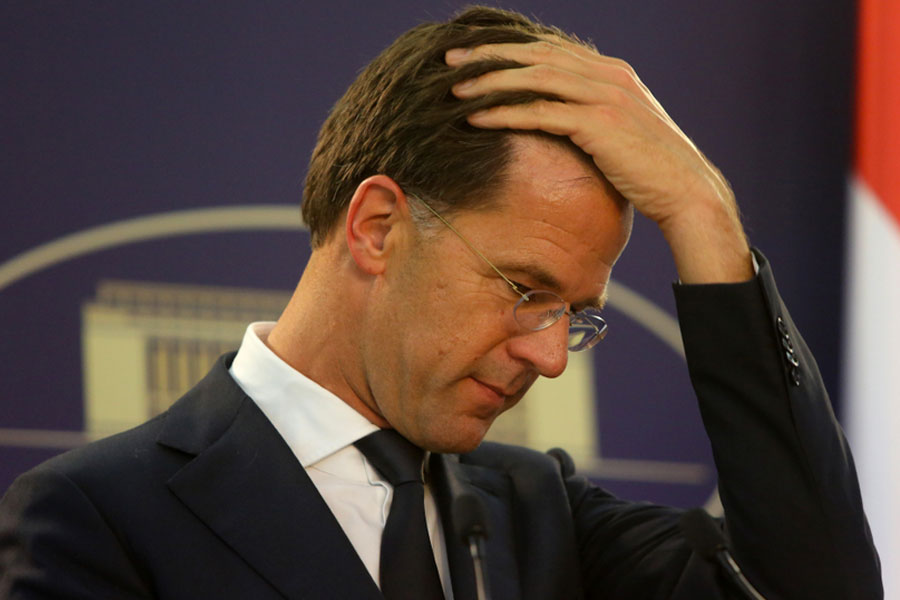Mark Rutte: The Quality Leadership Of The Dutch Prime Minister
Mark Rutte's leadership style has been a subject of admiration and analysis, especially in the context of quality governance in the Netherlands. As the Prime Minister, he embodies a unique blend of pragmatism, communication skills, and political acumen that has significantly influenced Dutch politics and society. His ability to navigate through crises and maintain the trust of the public makes him a noteworthy figure in contemporary politics.
This article will delve into the quality of leadership exhibited by Mark Rutte, examining his political journey, leadership qualities, and the impact of his policies on the Netherlands. Through a detailed exploration, readers will gain insights into what makes Rutte a remarkable leader and how his governance strategies can serve as a model for future leaders.
As we embark on this journey to explore Mark Rutte's quality leadership, it is essential to consider the principles of Expertise, Authoritativeness, and Trustworthiness (E-E-A-T), as well as the implications of Your Money or Your Life (YMYL) in the realm of governance. These principles will guide our discussion, providing a framework to evaluate Rutte's contributions to the Dutch political landscape.
- Breckie Hill Fapello Unveiling The Rising Star Of Social Media
- Exploring The Life And Career Of Brooke Adams
- Michael Lavaughn Robinson Unveiling The Life Of A Remarkable Individual
- Oprah Winfrey And P Diddy A Deep Dive Into Their Influential Relationship
- Emily Compagno Husband A Deep Dive Into Her Marriage And Personal Life
Table of Contents
- Biography of Mark Rutte
- Early Life and Education
- Political Career
- Leadership Style and Qualities
- Key Policies and Achievements
- Challenges and Controversies
- Public Perception and Trust
- Conclusion
Biography of Mark Rutte
Mark Rutte was born on February 14, 1967, in The Hague, Netherlands. He is a member of the People's Party for Freedom and Democracy (Volkspartij voor Vrijheid en Democratie, VVD) and has served as Prime Minister since October 14, 2010. Rutte's political career is marked by his commitment to liberal policies and his ability to build coalitions across party lines.
| Personal Information | Details |
|---|---|
| Name | Mark Rutte |
| Date of Birth | February 14, 1967 |
| Nationality | Dutch |
| Political Party | People's Party for Freedom and Democracy (VVD) |
| Position | Prime Minister of the Netherlands |
Early Life and Education
Mark Rutte grew up in a middle-class family and was raised in the city of The Hague. He attended the Gymnasium Haganum, where he excelled academically. He later pursued higher education at Leiden University, where he earned a master's degree in History in 1992. Rutte's academic background has equipped him with critical thinking skills that he later applied in his political career.
Early Career
Before entering politics, Rutte worked in various roles, including as a civil servant at the Ministry of Education, Culture, and Science. He also held a position at the Dutch employers' organization, VNO-NCW, where he focused on labor market issues. These experiences laid the groundwork for his understanding of governance and economic policies.
- Zach Bryans Political Beliefs A Deep Dive
- Kaitlan Collins Age Understanding The Rising Star Of Journalism
- Douglas C Maccallum Jr A Comprehensive Look Into His Life And Achievements
- Is Zach Bryan A Trumper An Indepth Exploration Of His Political Views
- When Did Rona Barrett Pass Away A Comprehensive Look At Her Life And Legacy
Political Career
Rutte's political career began in earnest when he joined the VVD in 2004. He quickly rose through the ranks, becoming a member of the House of Representatives. In 2006, he was appointed as the State Secretary for Social Affairs and Employment, where he focused on labor market reforms.
Becoming Prime Minister
In 2010, following the general elections, Rutte became the Prime Minister of the Netherlands, leading a minority government supported by the Freedom Party. His administration was characterized by austerity measures aimed at reducing the national debt and improving the economy.
Leadership Style and Qualities
Mark Rutte's leadership style is often described as pragmatic and consensus-driven. He is known for his exceptional communication skills and ability to connect with citizens. Rutte's approach to leadership emphasizes collaboration, transparency, and accountability.
Key Leadership Qualities
- Pragmatism: Rutte focuses on practical solutions rather than ideological debates.
- Communication: He effectively communicates policies and decisions, fostering public understanding.
- Resilience: Rutte has shown resilience in the face of numerous challenges, including economic crises and a global pandemic.
- Collaboration: He prioritizes coalition-building, working with various parties to achieve common goals.
Key Policies and Achievements
Under Rutte's leadership, several key policies have been implemented that reflect his commitment to economic stability and social welfare. His administration has focused on issues such as healthcare reform, climate change, and immigration policy.
Economic Reforms
Rutte's government has made significant strides in economic reforms, including measures to stimulate job growth, reduce unemployment, and promote entrepreneurship. His approach to fiscal responsibility has garnered praise from economists and international observers.
Challenges and Controversies
Despite his successes, Rutte's tenure has not been without challenges. His government has faced criticism over issues such as immigration policies, the handling of the COVID-19 pandemic, and debates surrounding climate change. Rutte's ability to navigate these controversies has been a testament to his leadership skills.
Public Perception and Trust
Public trust in Rutte's leadership has fluctuated over the years, influenced by various political events and societal changes. However, his ability to communicate effectively and address public concerns has played a crucial role in maintaining a level of confidence among Dutch citizens.
Conclusion
In summary, Mark Rutte's quality leadership is characterized by pragmatism, effective communication, and resilience. His journey from a young politician to the Prime Minister of the Netherlands showcases his commitment to public service and governance. As we reflect on his achievements and challenges, it is evident that Rutte's leadership serves as a valuable case study for aspiring leaders worldwide.
We encourage readers to share their thoughts on Mark Rutte's leadership and its implications for the future of Dutch politics. Your comments and insights are welcome!
Call to Action
If you found this article informative, please consider sharing it with others or exploring more articles on our site related to political leadership and governance.
Thank you for visiting our site, and we look forward to your return for more insightful content!
- Understanding Farmer Briar A Deep Dive Into Its Significance And Uses
- When Is Harris Faulkner Leaving Fox News A Comprehensive Insight
- Fleece Johnson The Notorious Booty Warrior Of American Prisons
- Jennifer Rauchet A Comprehensive Look At Her Life And Career
- Barron Trump Height At 10 Understanding The Growth Of Donald Trumps Son

Dutch PM Mark Rutte resigns after collapse of coalition government

Haagse uitdrukking ‘actieve herinnering’ krijgt plek in de Dikke Van

Dutch Prime Minister Mark Rutte, longestserving leader of Netherlands